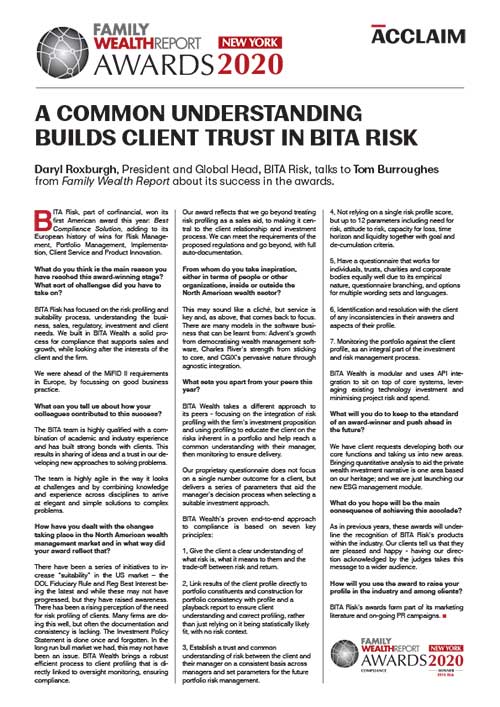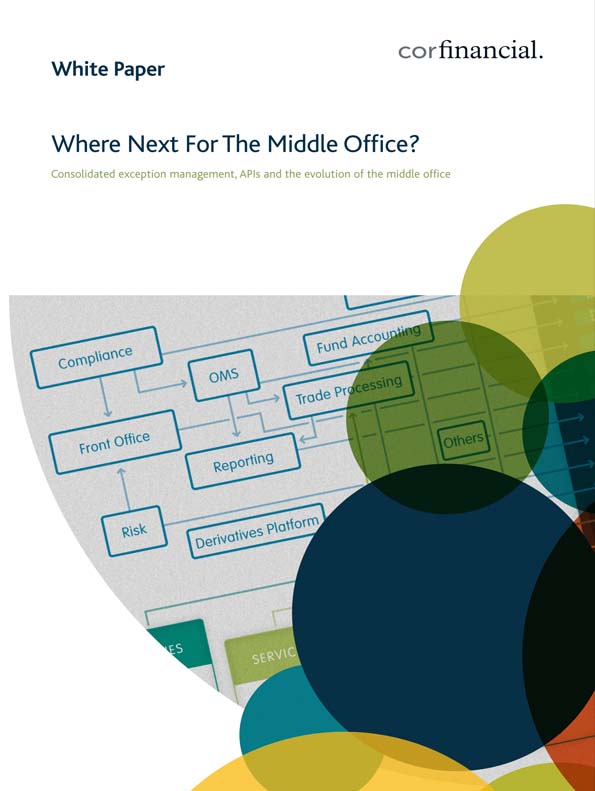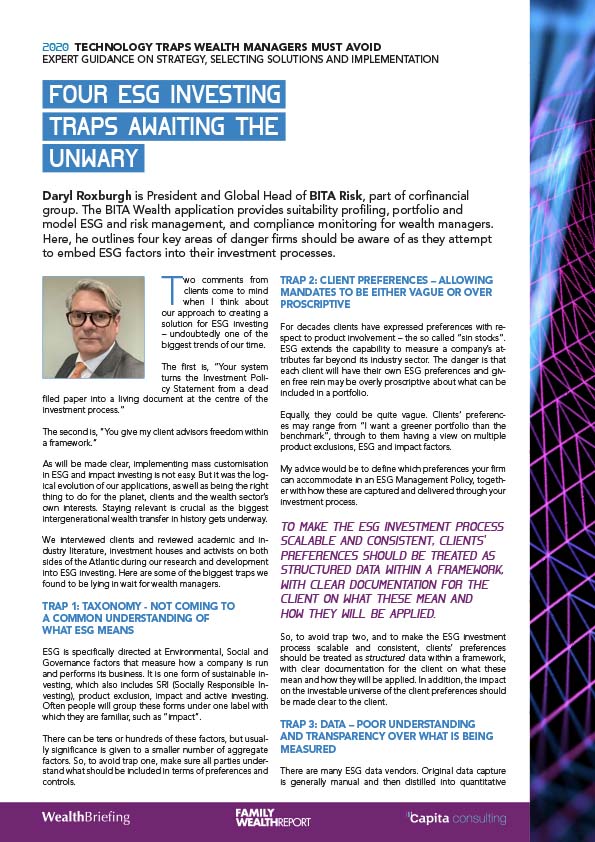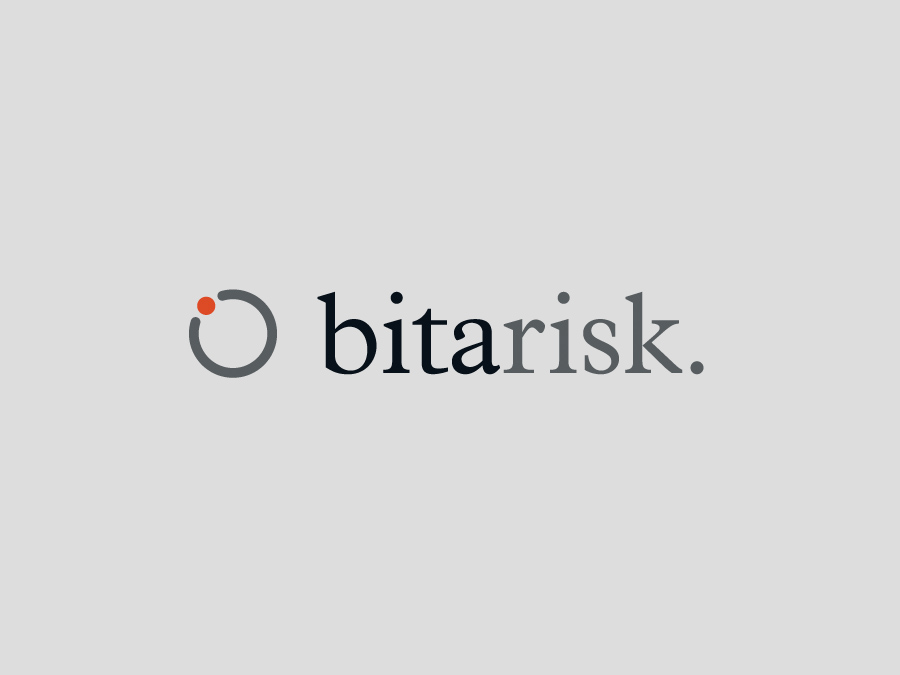London, 22 June 2020 - corfinancial, a leading provider of specialist software and services to the financial services sector, reports that its clients have enjoyed uninterrupted trade matching and settlement during lockdown – even when trading volumes suddenly spiked.
One example is that of leading investment management company Baillie Gifford. The Edinburgh-based firm was using proprietary post-trade processing systems before choosing Salerio in 2018 and they believe that their smooth transition to remote working conditions, without any interruption to the service they provided to their investors, was testament to the software they had installed from corfinancial.
“In March we experienced a huge increase in equity, bond and FX trades. For example, our bond trading volumes more than doubled from the previous month and over a seven-day period we had more than 500 bond trades alone. In April, our bond trading volumes went up even further, by almost another 50 percent,” said Louise Laidlaw, Head of Settlements, Baillie Gifford. “It didn’t matter how many trades came through; we knew we had the ability to cope using Salerio. Working remotely, even with these exceptional trading volumes, has had no impact on our operations whatsoever. The transition to home working was seamless and this theme came across strongly in feedback from my Settlements team.”
Since lockdown, trade settlement teams have needed secure software that enabled them to adapt to both multiple working locations and unique market conditions. Salerio was designed to handle unprecedented surges in trading volumes even while operating remotely.
Bruce Hobson, Chief Executive at corfinancial. “The system has been able to provide a remote service at the level that gold standard clients like Baillie Gifford expect, and this standard has not faltered during the unprecedented market conditions we are faced with today.”



















